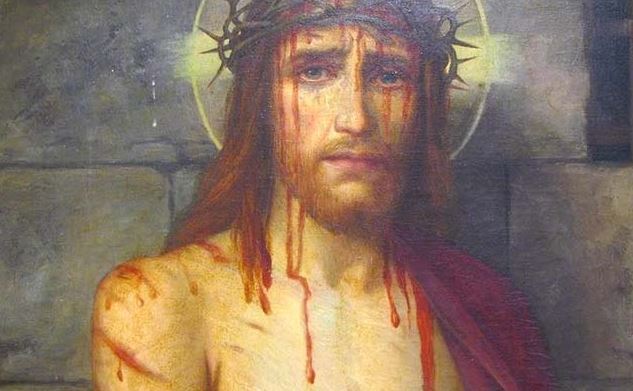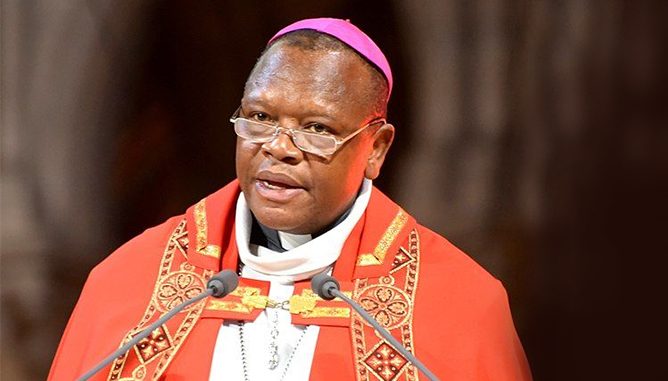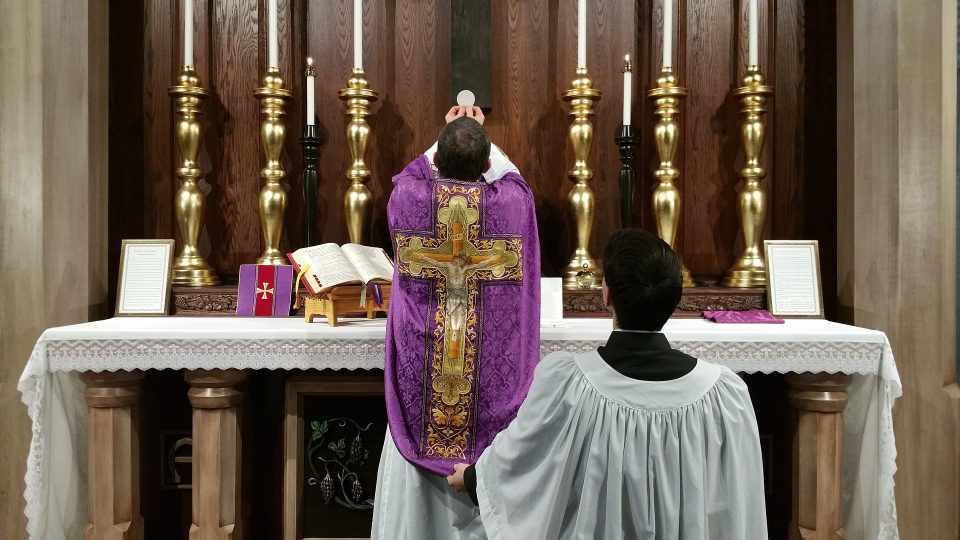By Gayle Somers, Catholic Exchange, May 31, 2024
Gayle Somers is a member of St. Thomas the Apostle parish in Phoenix and has been writing and leading parish Bible studies since 1996. She is the author of three bible studies, Galatians: A New Kind of Freedom Defended (Basilica Press), Genesis: God and His Creation, and Genesis: God and His Family (Emmaus Road Publishing). …
 Soon, we will return liturgically to the relative “quiet” of Ordinary Time, after so many celebrations of great historical events in Jesus’ life. Today, we pause to look back at the Last Supper. Why?
Soon, we will return liturgically to the relative “quiet” of Ordinary Time, after so many celebrations of great historical events in Jesus’ life. Today, we pause to look back at the Last Supper. Why?
Gospel (Read Mk 14:12-16, 22-26)
Now that we have liturgically re-lived with Jesus the culmination of His earthly ministry and His return to Heaven, it might seem that Jesus has, in a sense, “gone away.” The celebration of Christ the King and His triumphant return to the world He died for is many months away. To avoid thinking that the long period of Ordinary Time is a time of Jesus’ “absence,” the Church calls us to the observance of the Body and Blood of Christ, or Corpus Christi. Our Gospel takes us back to the institution of the Eucharist, lest we forget that although Jesus reigns now over His Church from His throne at God’s right hand, He has given us the extraordinary gift of His continuing Presence in the bread and wine at Mass. In a way, liturgically speaking, we are better able to understand this gift than when we remembered it during Holy Week. Why? …







